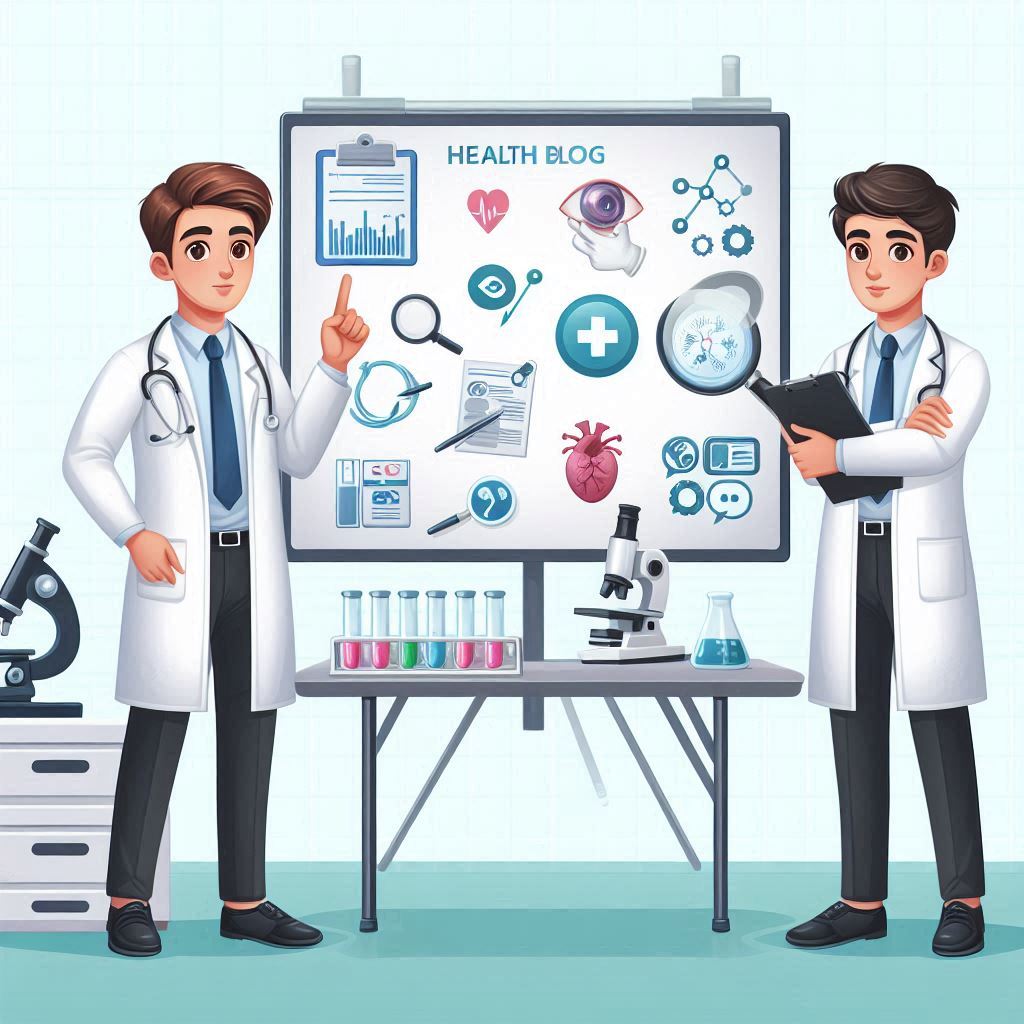Introduction

Heart disease doesn't just affect adults. While it's less common in children, it's crucial to be aware of the signs and symptoms. Early detection and treatment of heart conditions in children can significantly improve outcomes and quality of life.
This comprehensive guide will equip parents and caregivers with the knowledge to recognize potential warning signs of heart disease in children. We'll delve into common symptoms, risk factors, and when to seek immediate medical attention. Remember, early intervention is key to ensuring a healthy heart for your child.
Recognizing the Warning Signs
Identifying heart disease in children can be challenging, as symptoms can be subtle and easily mistaken for other conditions. Here are some red flags to watch out for:
Infants:
- Rapid breathing or shortness of breath, especially during feeding
- Poor feeding and weight gain
- Sweating around the forehead, especially during feeding
- Blueish tint to the skin, lips, or nail beds (cyanosis)
Children and Adolescents:
- Chest pain, especially during or after physical activity
- Fainting or dizziness
- Extreme fatigue or shortness of breath during exercise
- Rapid or irregular heartbeat
- Swelling in the legs, ankles, or feet
When to Seek Immediate Medical Attention
If your child exhibits any of the following symptoms, seek immediate medical attention:
- Sudden chest pain or discomfort
- Difficulty breathing or rapid breathing
- Blueish tint to the skin, lips, or nail beds
- Fainting or loss of consciousness
- Seizures
Conclusion
While heart disease in children can be concerning, understanding the warning signs and seeking timely medical attention can make a world of difference. Remember, early detection and treatment are crucial for ensuring a healthy and active life for your child. If you have any concerns about your child's heart health, don't hesitate to consult with a healthcare professional.





